
Lagos: The Pulsating Heart of Nigeria
Lagos, Nigeria's largest city, is a vibrant metropolis that stands as the economic and cultural nerve center of the country. Known for its lively atmosphere, Lagos is a city that never sleeps, offering a unique blend of traditional African culture and modern urban life. From bustling markets to stunning beaches, Lagos has something for every traveler. Begin your journey at the historic Lagos Island, home to landmarks like the National Museum, which offers a deep dive into Nigeria's rich history and heritage. Nearby, you'll find the iconic Tafawa Balewa Square and the bustling Balogun Market, where you can shop for everything from textiles to crafts. For a taste of local art, visit the Nike Art Gallery, one of the largest in West Africa, showcasing contemporary Nigerian art. Lagos is also renowned for its stunning coastline. Head to Victoria Island and Lekki Peninsula to experience some of the best beaches, such as Elegushi Beach and Tarkwa Bay. These areas also boast a vibrant nightlife, with numerous bars, clubs, and restaurants offering both local and international cuisine. Don't miss the chance to try local dishes like jollof rice, suya, and pepper soup. For nature lovers, a visit to Lekki Conservation Centre is a must. This urban nature reserve offers a serene escape from the city's hustle and bustle, featuring a canopy walkway, diverse wildlife, and beautiful landscapes. If you're interested in shopping and entertainment, the Lekki and Victoria Island areas are home to some of the city's best malls and cinemas. Whether you're drawn by its rich cultural tapestry, its stunning beaches, or its dynamic nightlife, Lagos promises an unforgettable experience that captures the essence of Nigeria.
Local tips in Lagos
- Visit early in the day to avoid the crowds, especially at popular spots like markets and beaches.
- Use ride-hailing apps such as Uber or Bolt for convenient and safe transportation around the city.
- Stay hydrated and carry bottled water, as the weather can be quite hot and humid.
- Try local street food, but ensure it's from a reputable vendor to avoid any health issues.
- Respect local customs and dress modestly, especially when visiting religious or traditional sites.
- Be mindful of your belongings and avoid displaying valuables in crowded areas.
Neighbourhoods in Lagos
Lagos: The Pulsating Heart of Nigeria
Lagos, Nigeria's largest city, is a vibrant metropolis that stands as the economic and cultural nerve center of the country. Known for its lively atmosphere, Lagos is a city that never sleeps, offering a unique blend of traditional African culture and modern urban life. From bustling markets to stunning beaches, Lagos has something for every traveler. Begin your journey at the historic Lagos Island, home to landmarks like the National Museum, which offers a deep dive into Nigeria's rich history and heritage. Nearby, you'll find the iconic Tafawa Balewa Square and the bustling Balogun Market, where you can shop for everything from textiles to crafts. For a taste of local art, visit the Nike Art Gallery, one of the largest in West Africa, showcasing contemporary Nigerian art. Lagos is also renowned for its stunning coastline. Head to Victoria Island and Lekki Peninsula to experience some of the best beaches, such as Elegushi Beach and Tarkwa Bay. These areas also boast a vibrant nightlife, with numerous bars, clubs, and restaurants offering both local and international cuisine. Don't miss the chance to try local dishes like jollof rice, suya, and pepper soup. For nature lovers, a visit to Lekki Conservation Centre is a must. This urban nature reserve offers a serene escape from the city's hustle and bustle, featuring a canopy walkway, diverse wildlife, and beautiful landscapes. If you're interested in shopping and entertainment, the Lekki and Victoria Island areas are home to some of the city's best malls and cinemas. Whether you're drawn by its rich cultural tapestry, its stunning beaches, or its dynamic nightlife, Lagos promises an unforgettable experience that captures the essence of Nigeria.
When is the best time to go to Lagos?
Iconic landmarks you can’t miss
Elegushi Royal Beach Lekki Phase I Lagos
Discover the vibrant Elegushi Royal Beach in Lagos, where sun, sea, and local culture converge for an unforgettable beach experience.
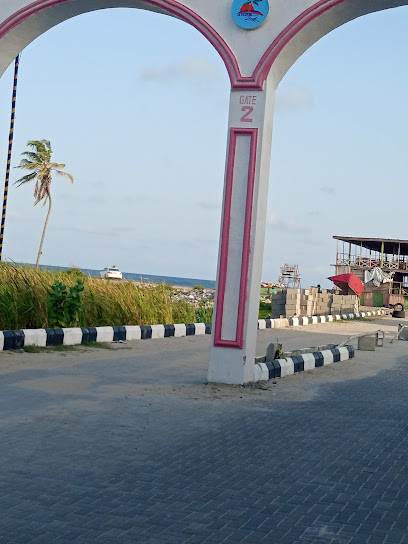
Lekki Conservation Centre
Discover the beauty of nature at Lekki Conservation Centre, a serene wildlife haven in Lagos, Nigeria, featuring a breathtaking canopy walkway.
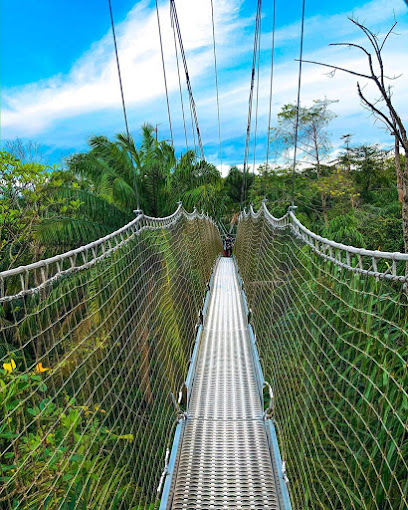
Federal Palace Hotel and Casino
Discover the luxurious Federal Palace Hotel and Casino in Lagos, where elegance meets excitement with top-notch accommodations and vibrant nightlife.

Nike Art Gallery
Explore Nike Art Gallery in Lekki, Lagos - A vibrant celebration of African art and culture showcasing unique traditional and contemporary masterpieces.
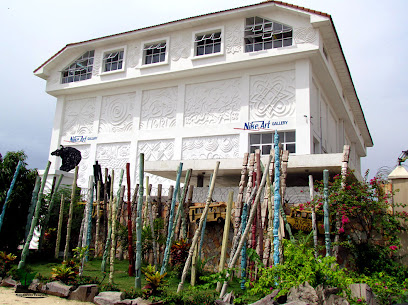
Dimplediva_scent
Explore the vibrant Tafawa Balewa Square, a historical landmark in Lagos, Nigeria, where culture and history come alive amidst stunning architecture.
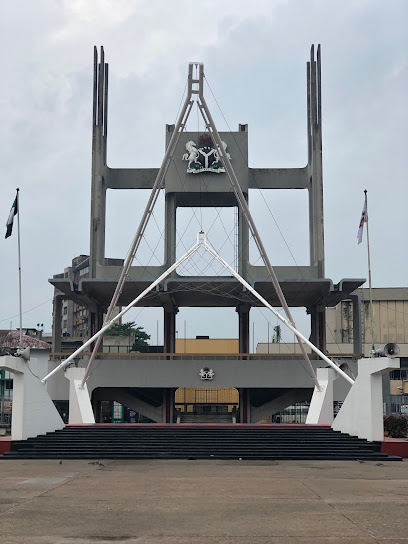
Tinubu Square
Experience the tranquility and cultural richness of Tinubu Square, a green oasis in the bustling heart of Lagos, Nigeria.
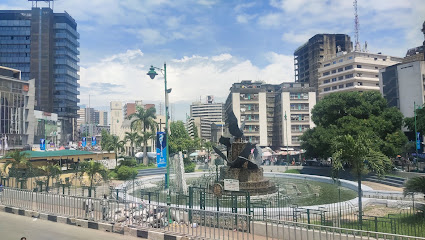
Freedom Park Lagos
Discover the rich history and vibrant culture at Freedom Park, a national park that offers a peaceful retreat in the heart of Lagos.
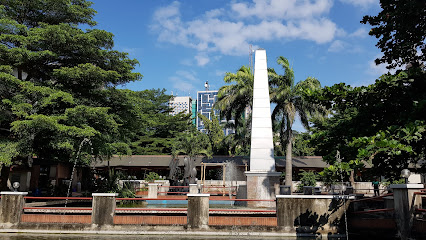
National Theatre Nigeria
Discover the heart of Nigerian performing arts at the National Theatre Nigeria, where culture and creativity come alive in an iconic venue.
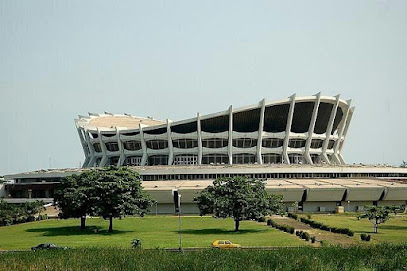
LUFASI Nature Park Lagos
Explore LUFASI Nature Park, Lagos – a serene nature preserve offering lush landscapes, diverse wildlife, and enriching experiences for nature lovers and families alike.
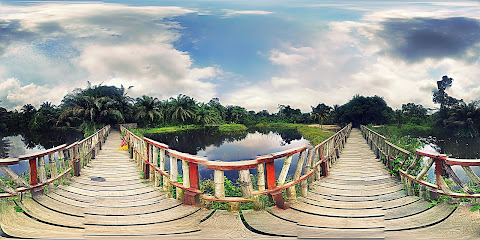
Third Mainland Bridge
Explore the Third Mainland Bridge, a stunning architectural marvel in Lagos, connecting the vibrant island and mainland with breathtaking views.
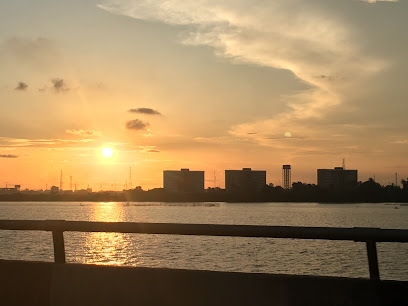
Bogobiri House Ikoyi Lagos
Experience the fusion of art, culture, and hospitality at Bogobiri House, a unique boutique hotel in the heart of Ikoyi, Lagos.
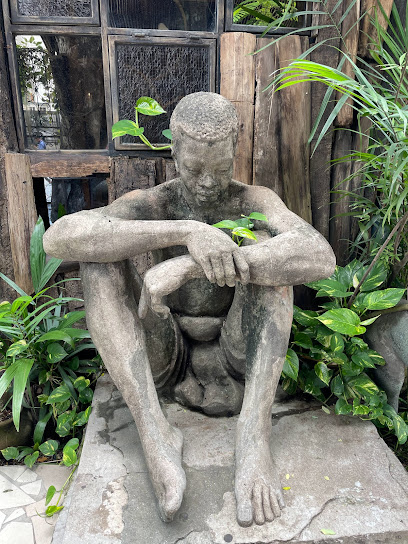
Lagos Island
Experience the vibrant culture, rich history, and stunning beaches of Lagos Island, a captivating destination in the heart of Nigeria.
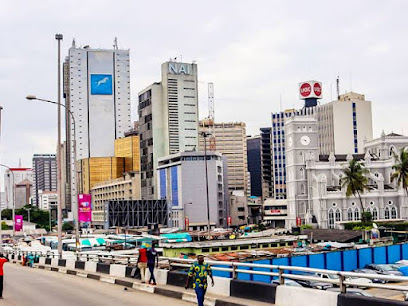
National Museum Lagos
Explore Nigeria's rich cultural heritage at the National Museum Lagos, home to a vast collection of historical artifacts and cultural treasures.
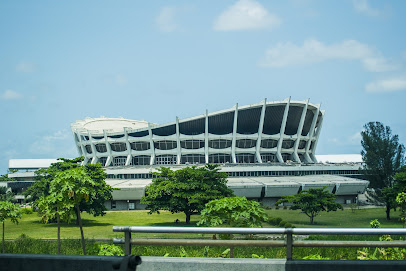
Jhalobia Landscaping Company and Botanical Garden in Lagos,Nigeria
Explore the beauty and tranquility of Jhalobia Landscaping Company and Botanical Garden, a stunning botanical gem in Lagos, Nigeria.
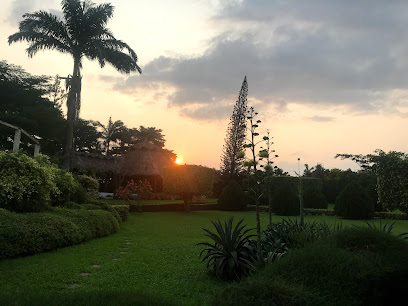
Jaekel House
Discover the historical charm of Jaekel House in Lagos, Nigeria, where colonial heritage meets captivating artifacts and serene gardens.
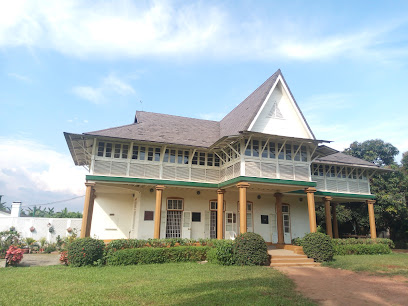
Unmissable attractions to see
Nike Art Gallery
Experience the vibrant cultural heritage of Nigeria through the stunning art at Nike Art Gallery in Lekki, Lagos.
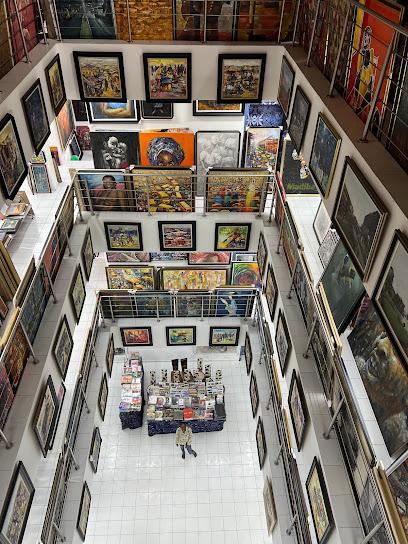
Muri Okunola Park
Discover the serene beauty of Muri Okunola Park, a green escape in the heart of Lagos, perfect for relaxation and leisure activities.
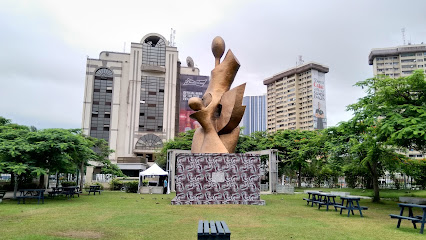
Dimplediva_scent
Explore Dimplediva Scent at Tafawa Balewa Square, a historical landmark embodying Nigeria's rich cultural heritage in the heart of Lagos.
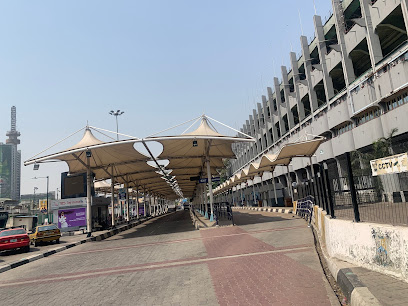
Tinubu Square
Explore Tinubu Square - a vibrant park in Lagos Island, blending lush greenery with rich cultural heritage and lively local atmosphere.
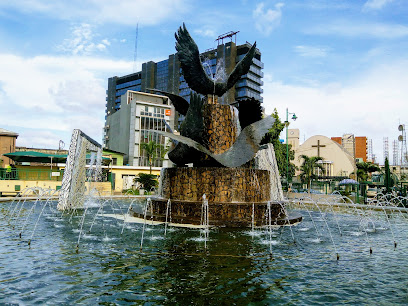
Oniru Private Beach
Discover the vibrant Oniru Private Beach in Lagos, Nigeria, where pristine sands meet lively nightlife and rich cultural experiences await.
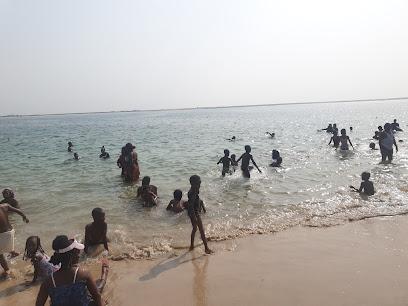
Oniru Private Beach
Explore the vibrant atmosphere and stunning beauty of Oniru Private Beach, a top tourist destination in Lagos, Nigeria, perfect for relaxation and nightlife.
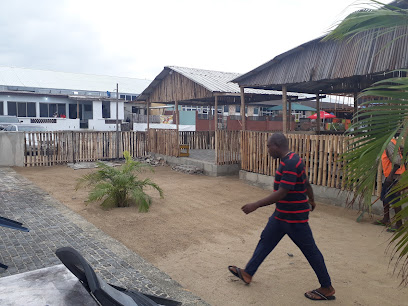
Landmark Beach
Discover the allure of Landmark Beach in Lagos, a perfect blend of relaxation and adventure on the stunning Atlantic coastline.
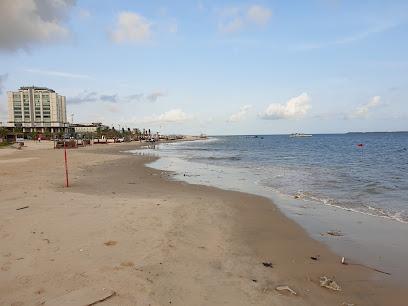
Johnson Jakande Tinubu (JJT) Park
Enjoy a serene escape at Johnson Jakande Tinubu Park, an urban oasis in Ikeja perfect for relaxation, family fun, and cultural experiences.
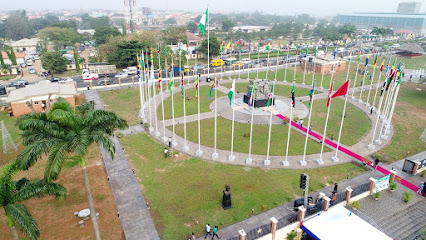
Freedom Park Lagos
Explore Lagos' Freedom Park, a historic national park that beautifully intertwines nature, culture, and the vibrant history of Nigeria.
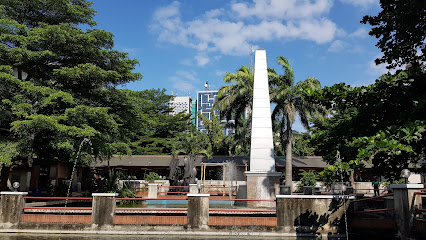
Shitta Roundabout Park
Experience the lush greenery and vibrant community spirit at Shitta Roundabout Park, a serene escape in the heart of Lagos.
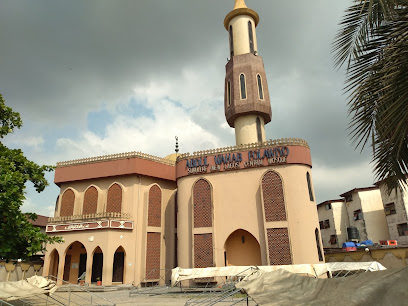
New Afrika Shrine
Experience the heart of Nigerian culture at the New Afrika Shrine, a vibrant venue celebrating Afrobeat music and artistic expression in Lagos.
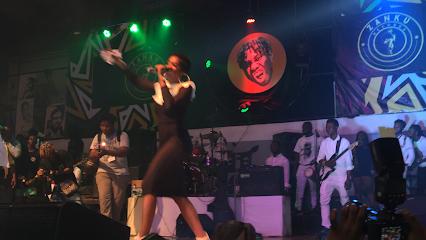
Kernel Street Recreational Park
Explore Kernel Street Recreational Park in Lagos for a tranquil escape, vibrant flora, and a perfect family-friendly atmosphere amidst city life.
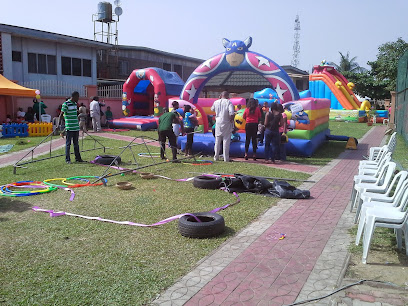
Tarkwa Bay Beach
Experience the tranquil beauty of Tarkwa Bay Beach in Lagos - a perfect getaway for relaxation, adventure, and local culture.
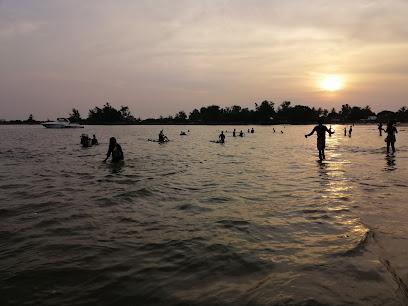
Apapa Amusement Park
Experience endless fun and adventure at Apapa Amusement Park, Lagos' premier destination for thrilling rides and family-friendly entertainment.
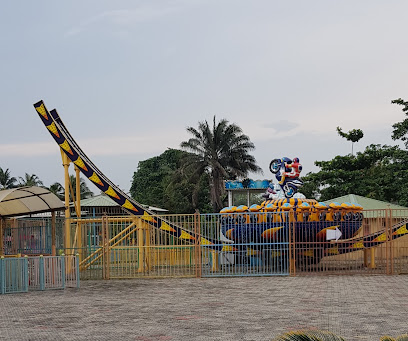
Bics Garden & Boat Club
Explore the serene beauty of Bics Garden & Boat Club, Lagos' premier destination for relaxation, water activities, and unforgettable events.
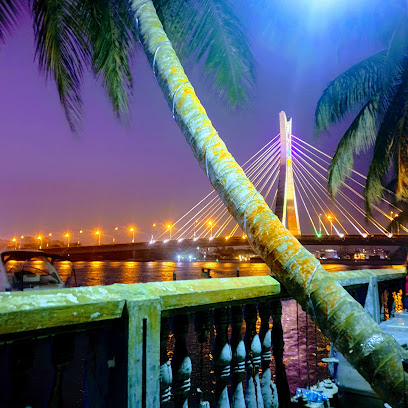
Essential places to dine
Cactus Restaurant
Discover the flavors of Nigeria at Cactus Restaurant on Victoria Island - where every meal is an experience!
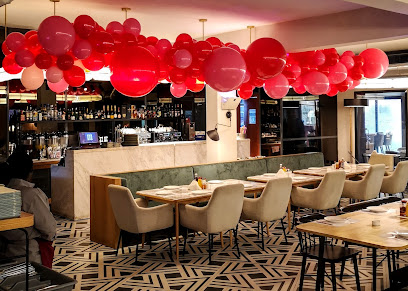
Hard Rock Cafe
Discover the energetic vibe of Hard Rock Cafe Lagos - where delicious American cuisine meets unforgettable live music.
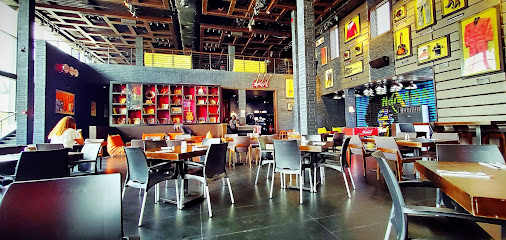
La Mango Restaurant and Lounge Ikeja GRA
Experience luxury dining at La Mango Restaurant and Lounge in Ikeja GRA with exquisite cuisine and serene ambiance.
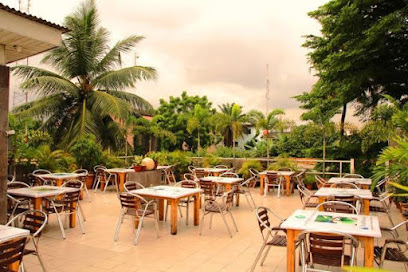
Jevinik Restaurant
Experience authentic African flavors at Jevinik Restaurant in Lagos - where every dish tells a story.
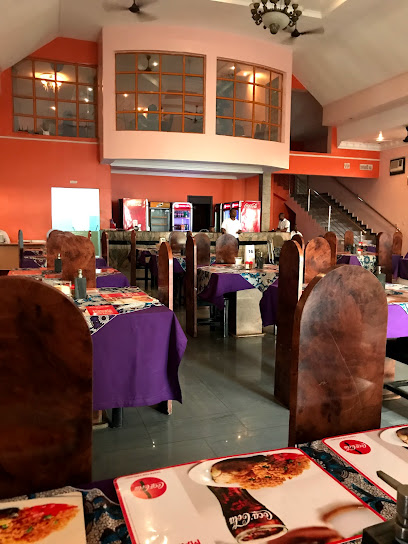
Yellow Chilli Victoria Island Lagos
Experience authentic Nigerian cuisine with a modern twist at Yellow Chilli Victoria Island - where tradition meets innovation.
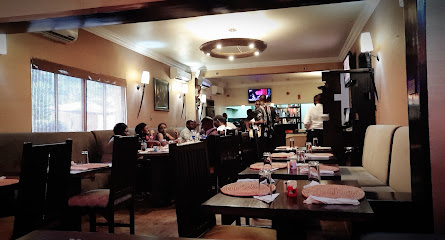
RSVP restaurant
Experience luxurious New American cuisine at RSVP Restaurant in Lagos' vibrant Victoria Island – where culinary innovation meets nightlife excitement.
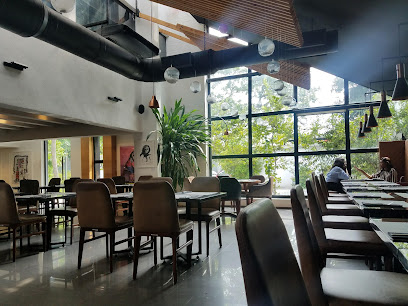
Danfo Bistro & Eatery
Discover the vibrant flavors of Nigeria at Danfo Bistro & Eatery in Ikoyi – where culinary excellence meets warm hospitality.
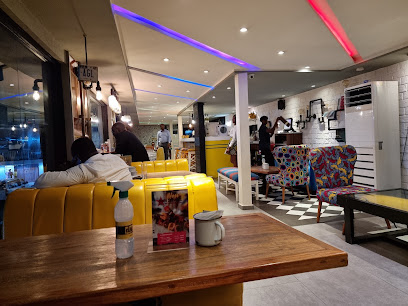
LAGOON RESTAURANTS
Experience exquisite dining at Lagoon Restaurants on Victoria Island, Lagos—where culinary artistry meets breathtaking lagoon views.
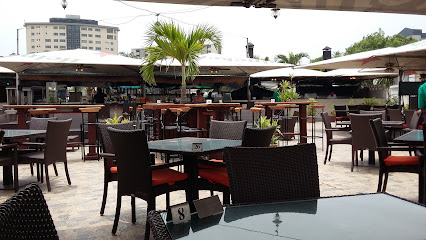
Ibile Foods & Lounge Ilupeju | Best Restaurants in Lagos Nigeria
Discover authentic Nigerian flavors at Ibile Foods & Lounge in Ilupeju - a must-visit restaurant for food lovers exploring Lagos.
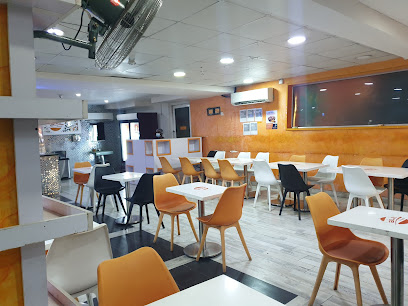
THE HOUSE Lagos
Discover The House Lagos: A fusion of exquisite dining and lively nightlife on Victoria Island.
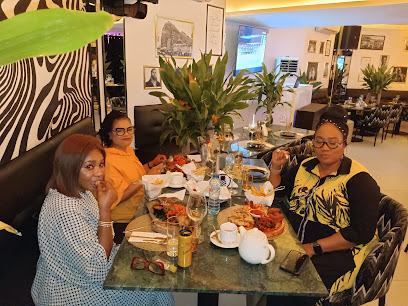
Bungalow Restaurant Ikeja
Discover Bungalow Restaurant in Ikeja: A delightful fusion of local and international flavors awaits you.
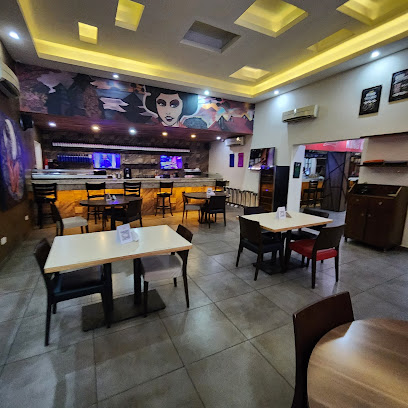
Ocean Basket Victoria Island
Discover exquisite Mediterranean seafood at Ocean Basket Victoria Island – where freshness meets flavor in a vibrant Lagos setting.
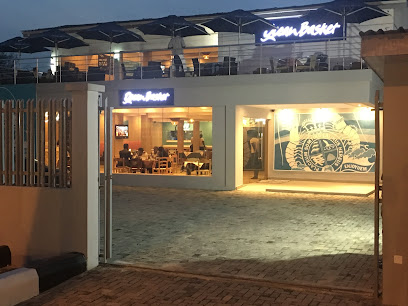
White House Restaurant
Discover authentic Nigerian cuisine and fast food delights at White House Restaurant in Yaba, Lagos – where every meal tells a story.
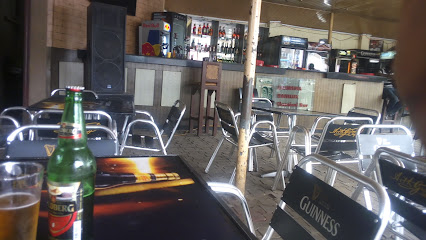
Circa lagos
Discover the culinary excellence at Circa Lagos - where local flavors meet international flair in an elegant bistro setting.
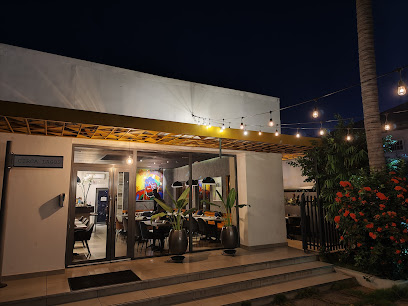
Shiro Lagos
Experience exquisite Pan-Asian cuisine at Shiro Lagos - where culinary tradition meets modern elegance.
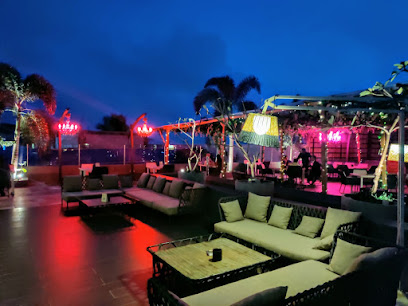
Markets, malls and hidden boutiques
The Palms Shopping Mall
Explore The Palms Shopping Mall in Lagos for a lively shopping experience, dining, and entertainment all in one modern location.
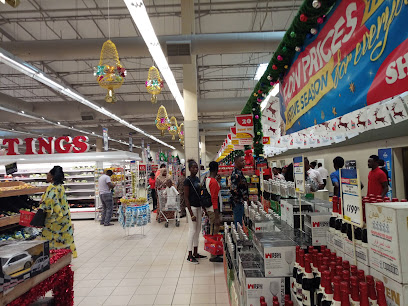
Tejuosho Ultra-Modern Shopping Centre
Experience the vibrancy of Lagos at Tejuosho Ultra-Modern Shopping Centre, a premier destination for shopping, dining, and entertainment.
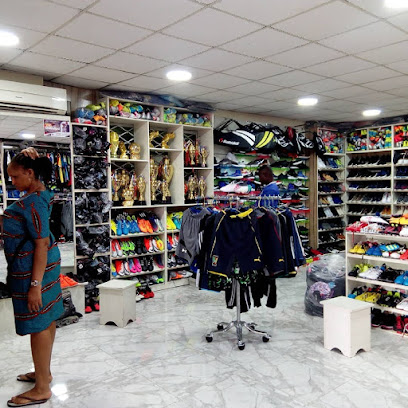
Balogun_Shop
Explore Balogun Shop in Lagos: A vibrant market offering a rich variety of goods and an authentic taste of local culture.
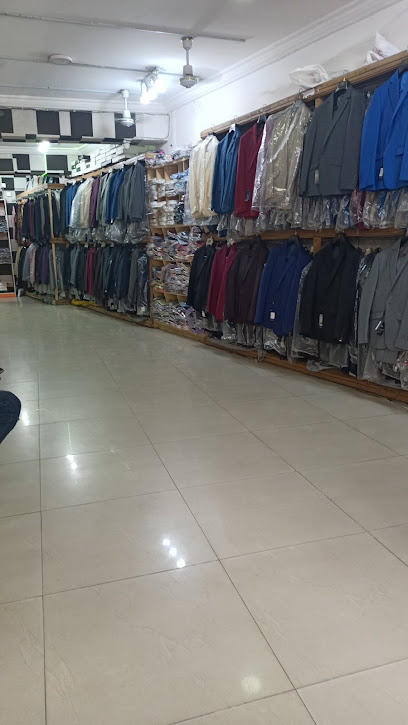
Bijoux Mall
Experience the best of shopping and local culture at Bijoux Mall, a premier outlet mall in Lagos's vibrant Victoria Island.
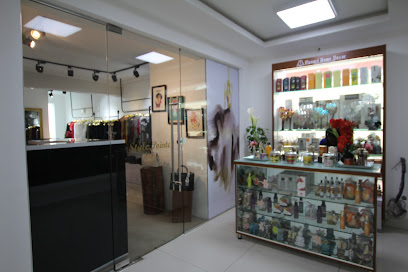
Polo Avenue - Luxury Fashion Accessories Boutique in Lagos - Victoria Island
Discover luxury at Polo Avenue, where exquisite fashion accessories meet impeccable service in the heart of Lagos's Victoria Island.
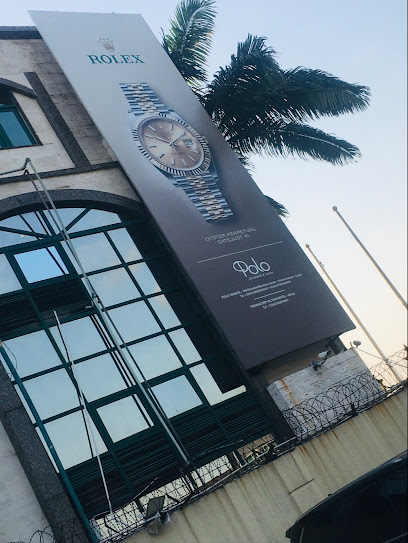
SAVVIE BOUTIQUE | Lifestyle Boutique for Women's Fashion in Lagos
Explore Savvie Boutique in Lagos for unique women's fashion and premium hair extensions, a perfect blend of style and elegance.
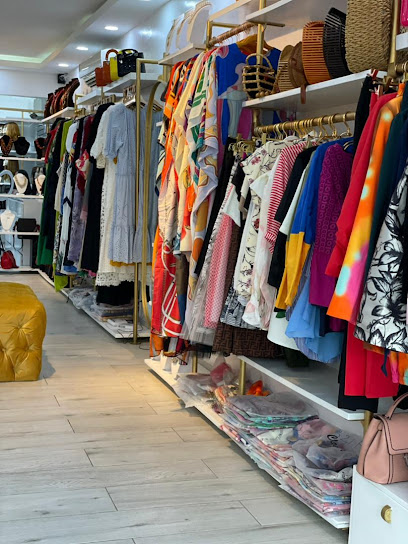
Lagosgiftshop
Discover Lagos Gift Shop: Your ultimate destination for unique Nigerian souvenirs and kitchen supplies, capturing the essence of Lagos in every find.
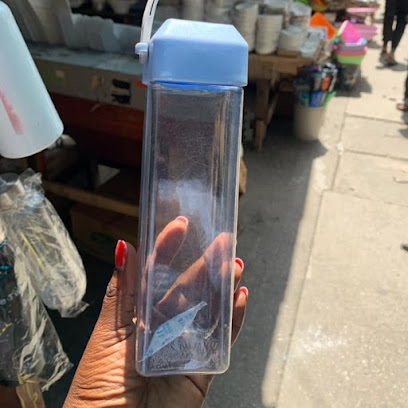
WESHOP 4U STORES
Explore unique fashion trends at WESHOP 4U STORES in Lagos' vibrant Balogun Market, a must-visit for stylish shoppers.
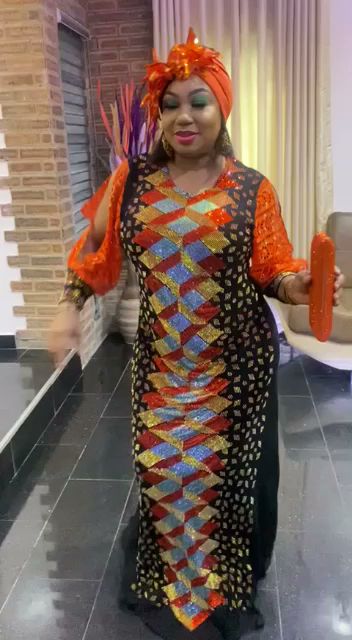
Cart2Closet - Fashion Store • Luxury Store • Quality, Affordable and Unique
Explore Cart2Closet in Lekki for luxurious, affordable, and unique fashion finds that inspire your personal style.

Kejjyonisouvenir(Best Souvenirs in Lagos)
Explore Kejjyonisouvenir in Lagos for unique handcrafted treasures that embody the spirit of Nigeria's rich culture and heritage.
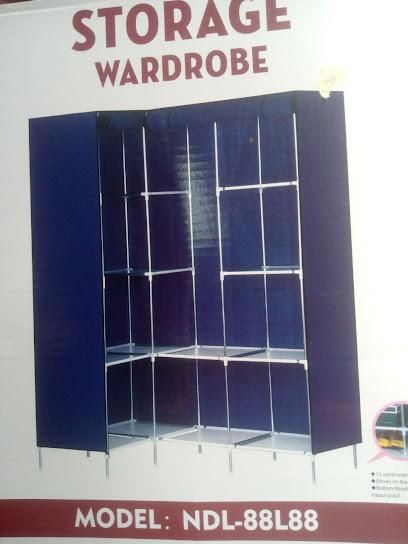
Da8th_Wonder Gifts and Souvenir Palace
Explore Da8th Wonder Gifts and Souvenir Palace in Lagos for unique Nigerian crafts, artworks, and authentic souvenirs that capture the spirit of Nigeria.
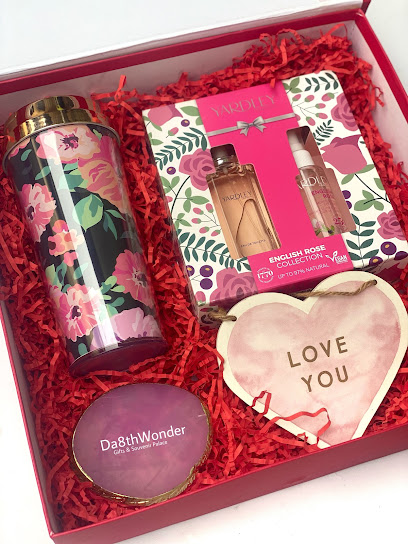
KIKKI CLOTHING , Office wear, dress, skirt, dinner dress, Ikeja boutique, clothing store in Lagos
Explore KIKKI CLOTHING in Ikeja for stylish office wear, elegant dresses, and unique fashion accessories that define modern Nigerian fashion.
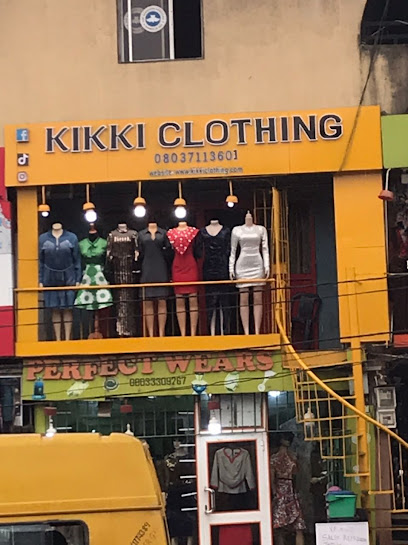
The Showy Piece
Discover unique vintage clothing and fashion accessories at The Showy Piece, a must-visit store in the heart of Lagos' vibrant fashion scene.
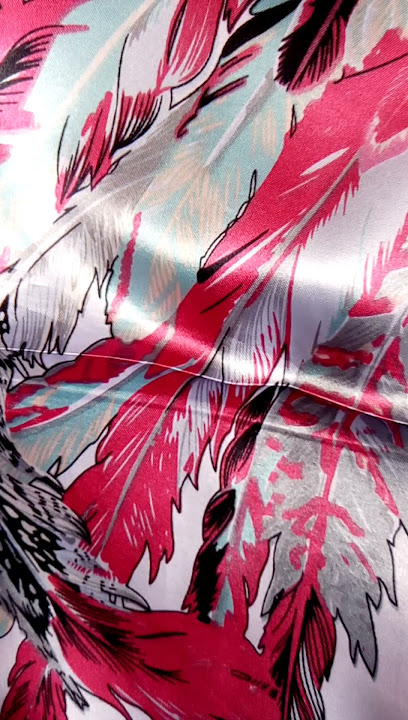
shopkyluxury fashion stores lekki Lagos
Explore Shop Kyluxury in Lekki for exclusive high-fashion clothing and unique styles that redefine elegance and affordability in Lagos.
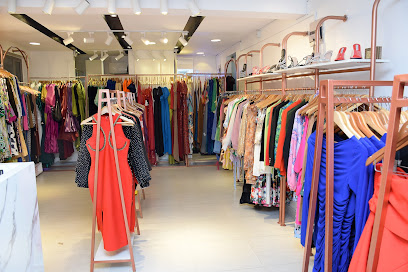
OliviaRodes Gift Store
Explore the vibrant offerings of OliviaRodes Gift Store in Ikoyi for unique gifts that celebrate Nigerian culture and creativity.
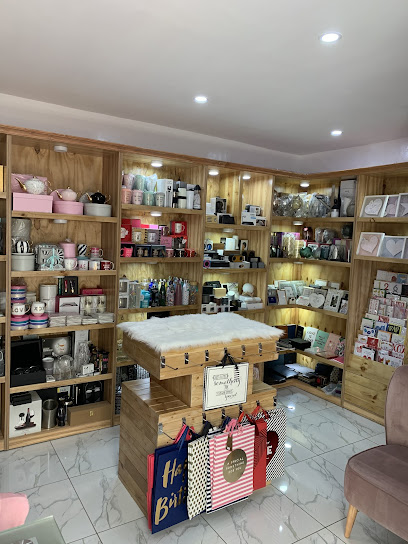
Essential bars & hidden hideouts
Sailors Lounge | Restaurant | Lounge | Bar in Lekki Lagos
Discover the vibrant Sailor's Lounge in Lekki, Lagos - a perfect blend of bar, restaurant, and lounge for an unforgettable night out.
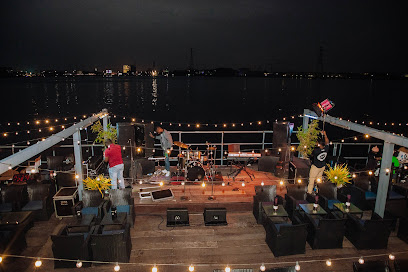
Bay Lounge
Experience the best of Lagos nightlife at Bay Lounge, where vibrant atmosphere meets stunning waterfront views and delightful cuisine.
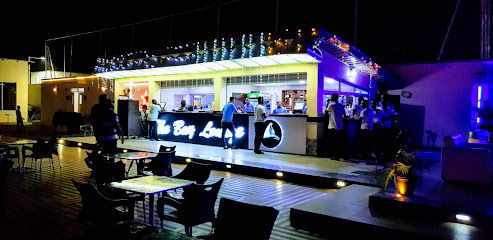
Sidewalk Lounge
Discover the vibrant Sidewalk Lounge in Victoria Island, Lagos, where culinary delights meet a lively atmosphere for an unforgettable experience.
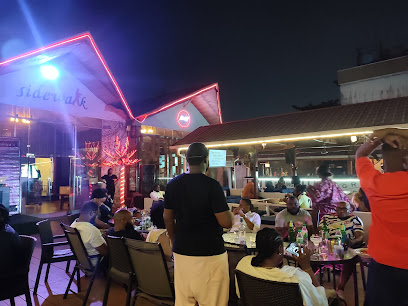
W Bar Lounge
Experience the vibrant nightlife of Lagos at W Bar Lounge, a stylish bar offering exquisite cocktails and a lively atmosphere for unforgettable evenings.
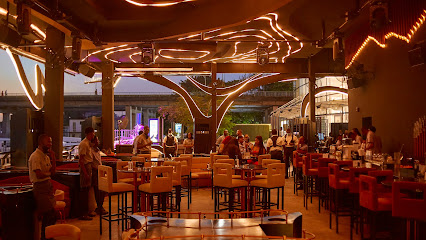
Vaniti Lagos
Discover the vibrant nightlife at Vaniti Lagos, where exquisite dining meets electrifying club experiences in the heart of Victoria Island.
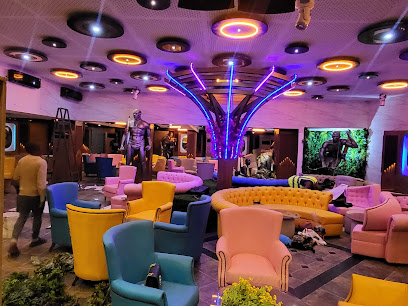
Captains Bar Ilupeju Lagos
Discover the lively atmosphere of Captain's Bar in Ilupeju, Lagos, where refreshing drinks and vibrant nightlife await your arrival.
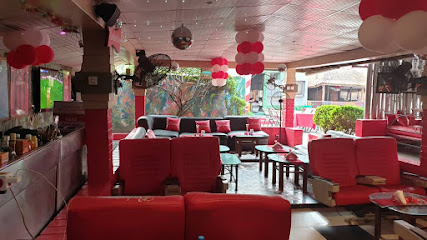
Vellvett Grill & Lounge Victoria Island Lagos
Experience the vibrant nightlife of Lagos at Vellvett Grill & Lounge, where exquisite dining meets electrifying entertainment.
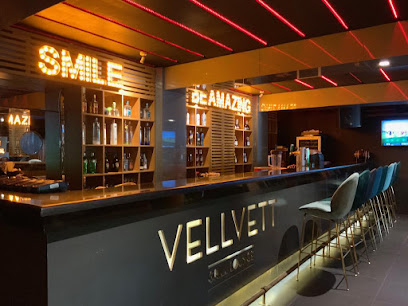
The Artisan Lounge
Experience the elegance of The Artisan Lounge in Lagos, where exquisite drinks and a vibrant atmosphere come together for an unforgettable night.
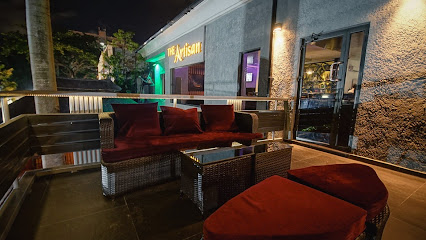
The Nest Lounge
Experience the vibrant nightlife and diverse culinary offerings at The Nest Lounge, a premier destination in the heart of Lagos.
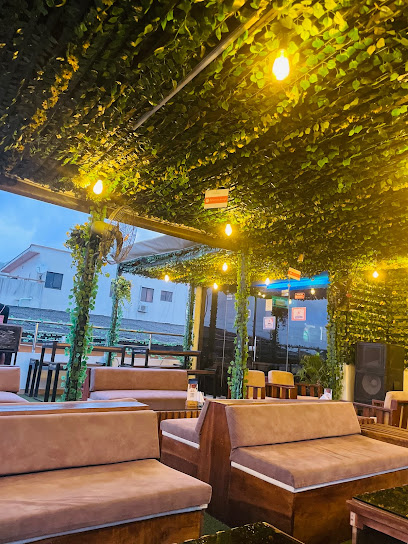
Shades Social - Bar, Restaurant, Club, Lounge, Lagos
Discover the lively atmosphere of Shades Social, a premier bar and restaurant in Lagos offering delectable cuisine, refreshing drinks, and vibrant nightlife.
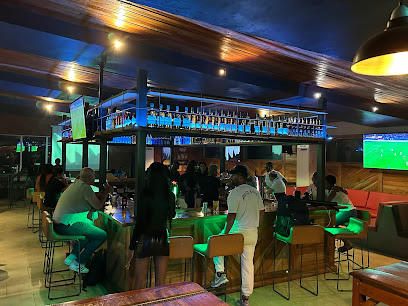
The View Rooftop Lounge
Discover luxury dining and breathtaking skyline views at The View Rooftop Lounge in Lagos, the perfect blend of ambiance, cuisine, and cocktails.
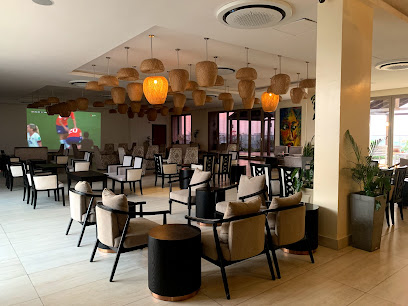
The Long Bar Lagos - Restaurant & Sport Bar
Experience the vibrant nightlife at The Long Bar Lagos, a premier sports bar offering delicious cuisine, karaoke, and live sports in Victoria Island.
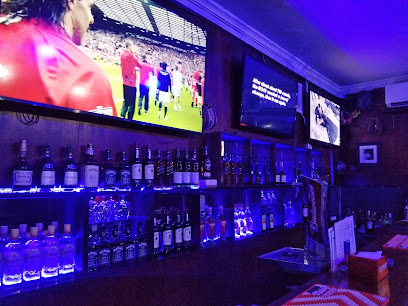
Lagos Irish Pub
Discover the lively spirit of Lagos at Lagos Irish Pub, where Irish charm meets Nigerian hospitality in a vibrant atmosphere.
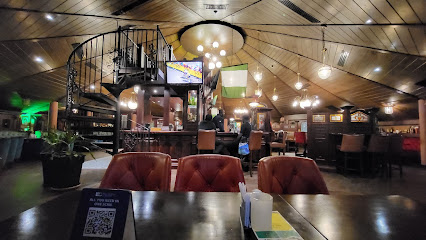
Lounge 38
Discover Lounge 38 in Lagos, where vibrant dining meets exhilarating nightlife with diverse entertainment options for an unforgettable experience.
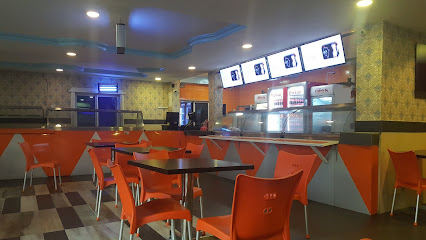
Local Phrases
-
- HelloBawo ni
[bah-woh nee] - GoodbyeOdabo
[oh-dah-boh] - YesBẹẹni
[beh-eh-nee] - NoBẹẹkọ
[beh-eh-koh] - Please/You're welcomeAbẹnu
[ah-beh-noo] - Thank youE se
[eh sheh] - Excuse me/SorryE jẹ ki a ma ṣe iranlọwọ
[eh jeh kee ah ma sha ee-rahn-loh-woh] - How are you?Bawo ni?
[bah-woh nee] - Fine. And you?Daadaa. Ni yoo?
[dah-dah nee yoh] - Do you speak English?Ṣe o nṣe ede geesi?
[sheh oh en-shay eh-deh gay-si] - I don't understandMi o mọ
[mee oh moh]
- HelloBawo ni
-
- I'd like to see the menu, pleaseMo fẹran lati wo ipese, jọ
[moh feh-rahn lah-tee woh ee-peh-seh, joh] - I don't eat meatMi ko je ẹran
[mee koh jeh eh-rahn] - Cheers!Aṣẹ!
[ah-sheh] - I would like to pay, pleaseMo fẹran lati fi owo mi, jọ
[moh feh-rahn lah-tee fee oh-woh mee, joh]
- I'd like to see the menu, pleaseMo fẹran lati wo ipese, jọ
-
- Help!Gbọkọ!
[gboh-koh] - Go away!Lo si igbala!
[loh see eeg-bah-lah] - Call the Police!Wọ ọrọ àgbára!
[woh oh-roh ah-gbah-rah] - Call a doctor!Wọ ọrọ ọlọrun!
[woh oh-roh oh-loh-roon] - I'm lostMi ṣẹlẹ
[mee sheh-leh] - I'm illMi ń gbẹ
[mee uhn gbeh]
- Help!Gbọkọ!
-
- I'd like to buy...Mo fẹran lati ra...
[moh feh-rahn lah-tee rah] - I'm just lookingMo n jẹ iranlọwọ
[moh en jeh ee-rahn-loh-woh] - How much is it?Bawo ni o dara julọ?
[bah-woh nee oh dah-rah joo-loh] - That's too expensiveO dara julọ lẹnu
[oh dah-rah joo-loh leh-noo] - Can you lower the price?Ṣe o le kawe irọpo?
[sheh oh leh kah-weh ee-roh-poh]
- I'd like to buy...Mo fẹran lati ra...
-
- What time is it?Kini ọkan la n?
[kee-nee oh-kahn lah n] - It's one o'clockỌkan lasan
[oh-kahn lah-sahn] - Half past (10)Ọkan ti o kọja (10)
[oh-kahn tee oh koh-jah] - MorningỌsan
[oh-sahn] - AfternoonỌjọrọ
[oh-joh-roh] - EveningỌsẹ
[oh-seh] - YesterdayǸjẹ́ kẹta
[uhn-jeh keh-tah] - TodayỌ̀nà
[oh-nah] - TomorrowỌ̀la
[oh-lah] - 1Ọkan
[oh-kahn] - 2Meji
[meh-jee] - 3Mẹta
[meh-tah] - 4Mẹrin
[meh-reen] - 5Marun
[mah-roon] - 6Mefa
[meh-fah] - 7Mẹfà
[meh-fah] - 8Mejọ
[meh-joh] - 9Mẹsan
[meh-sahn] - 10Mẹwa
[meh-wah]
- What time is it?Kini ọkan la n?
-
- Where's a/the...?Nibo ni...?
[nee-boh nee] - What's the address?Kini adirẹsi?
[kee-nee ah-dee-reh-see] - Can you show me (on the map)?Ṣe o le fihan mi?
[sheh oh leh fee-hahn mee] - When's the next (bus)?Nibo ni o gbọ wọle?
[nee-boh nee oh gboh woh-leh] - A ticket (to ....)Iwe iṣẹ
[ee-weh ee-sheh]
- Where's a/the...?Nibo ni...?
History of Lagos
-
Lagos, originally known as Eko, was founded by the Awori subgroup of the Yoruba people. Oral traditions suggest that the Awori settled in the 13th century, drawn by the strategic location and abundant resources of the area. Eko, meaning 'war camp', was a name given by the early settlers.
-
In 1472, Portuguese explorers led by Rui de Sequeira arrived in Lagos, naming it 'Lago de Curamo' after the lagoons in the area. The Portuguese established trade relations, primarily dealing in spices, cloth, and later, slaves.
-
From the late 16th century, Lagos became a significant center for the transatlantic slave trade. European traders, including the Portuguese, British, and Dutch, traded slaves with the local rulers, particularly the Oba of Lagos. The town's importance grew as a major port for the export of slaves to the Americas.
-
In 1851, the British attacked Lagos to suppress the slave trade, leading to its annexation in 1861. Lagos became a British colony and later the capital of the Southern Nigeria Protectorate in 1906. British colonial rule brought infrastructural development, including railways, schools, and hospitals.
-
Lagos played a crucial role in Nigeria's struggle for independence, which was achieved in 1960. As the capital of Nigeria, Lagos experienced rapid population growth and urbanization. In 1991, the capital was moved to Abuja, but Lagos remained the economic and cultural hub of the country.
-
Lagos is a vibrant cultural melting pot, home to numerous ethnic groups, including the Yoruba, Igbo, and Hausa. It is renowned for its music, particularly Afrobeat, pioneered by Fela Kuti. The city also hosts several cultural festivals, such as the Eyo Festival and Lagos International Jazz Festival.
-
Today, Lagos is one of the fastest-growing cities in the world. It is Nigeria's largest city and a major financial center in Africa. With bustling markets, thriving industries, and a booming tech scene, Lagos continues to be a beacon of innovation and cultural dynamism.
Lagos Essentials
-
Lagos is accessible through Murtala Muhammed International Airport (LOS), which is the main gateway for international visitors. Numerous airlines operate flights to and from Lagos, making it well-connected to major cities worldwide. From the airport, you can hire a taxi, use a ride-hailing service, or arrange for hotel transportation to get to your destination within the city.
-
Lagos offers various modes of transportation including taxis, ride-hailing services (such as Uber and Bolt), buses, and the Lagos Bus Rapid Transit (BRT) system. For shorter distances, motorbike taxis known as 'okadas' and tricycles called 'kekes' are popular, though they are less regulated. It is advisable to use ride-hailing services for safety and convenience.
-
The official currency in Nigeria is the Nigerian Naira (NGN). Credit cards are widely accepted in hotels, restaurants, and shopping malls, but it is advisable to carry some cash for smaller establishments and markets. ATMs are plentiful in Lagos, but always use those in secure locations like banks and hotels.
-
Lagos has areas with high crime rates, particularly for crimes targeting tourists. It is crucial to avoid neighborhoods like Mushin, Ajegunle, and Oshodi, especially at night. Stick to well-known and secure areas like Victoria Island, Ikoyi, and Lekki. Always stay vigilant, avoid flaunting valuables, and be cautious when using ATMs.
-
In case of an emergency, dial 112 for immediate assistance. The Lagos State Emergency Management Agency (LASEMA) handles emergencies, including medical and fire incidents. It is advisable to have travel insurance that covers medical emergencies. Major hospitals in Lagos include Lagos University Teaching Hospital and Reddington Hospital.
-
Fashion: Do dress modestly, especially in conservative areas. Avoid overly revealing clothing. Religion: Do respect local customs and traditions. When visiting religious sites, dress modestly and remove your shoes if required. Public Transport: Do be respectful and patient. Avoid eating or drinking on public transport. Greetings: Do greet people formally with a handshake. Use titles and last names unless invited to do otherwise. Eating & Drinking: Do try local delicacies and accept food offerings graciously. Don't refuse hospitality; it is considered impolite.
-
To experience Lagos like a local, visit the Lekki Arts and Crafts Market for unique souvenirs and local art. Enjoy the vibrant nightlife in areas like Victoria Island and Lekki. Don't miss trying local dishes like Jollof rice, Suya, and Pounded yam. Engage with locals, who are generally friendly and willing to share insights about their city.
Trending Landmark in Lagos
-
Elegushi Royal Beach Lekki Phase I Lagos
-
Lekki Conservation Centre
-
Federal Palace Hotel and Casino
-
Nike Art Gallery
-
Dimplediva_scent
-
Tinubu Square
-
Freedom Park Lagos
-
National Theatre Nigeria
-
LUFASI Nature Park Lagos
-
Third Mainland Bridge
-
Bogobiri House Ikoyi Lagos
-
Lagos Island
-
National Museum Lagos
-
Jhalobia Landscaping Company and Botanical Garden in Lagos,Nigeria
-
Jaekel House
Nearby Cities to Lagos
-
Things To Do in Abeokuta
-
Things To Do in Porto-Novo
-
Things To Do in Cotonou
-
Things To Do in Ibadan
-
Things To Do in Ouidah
-
Things To Do in Lokossa
-
Things To Do in Aneho
-
Things To Do in Lomé
-
Things To Do in Benin City
-
Things To Do in Notse
-
Things To Do in Atakpamé
-
Things To Do in Warri
-
Things To Do in Kpalimé
-
Things To Do in Ho
-
Things To Do in Asaba















